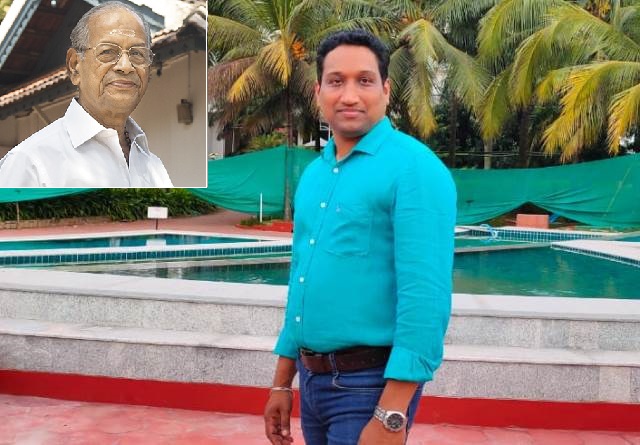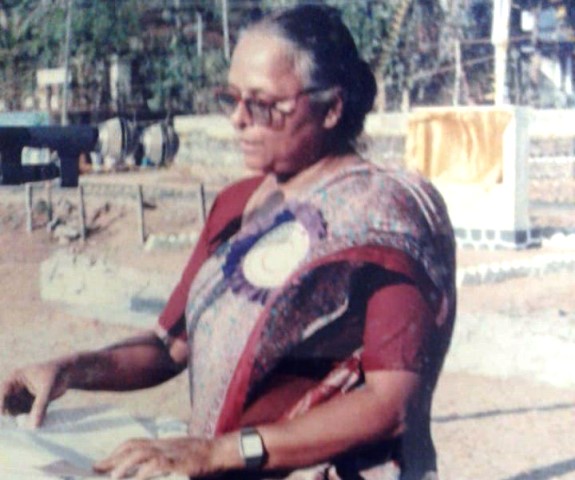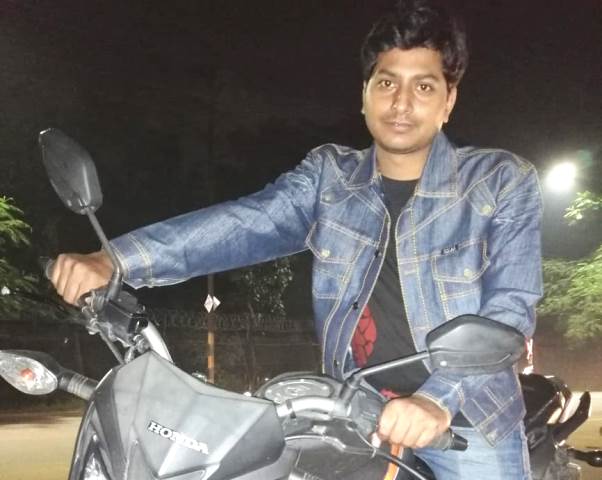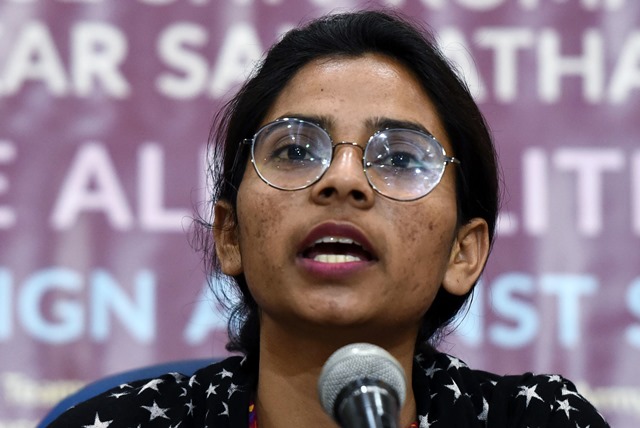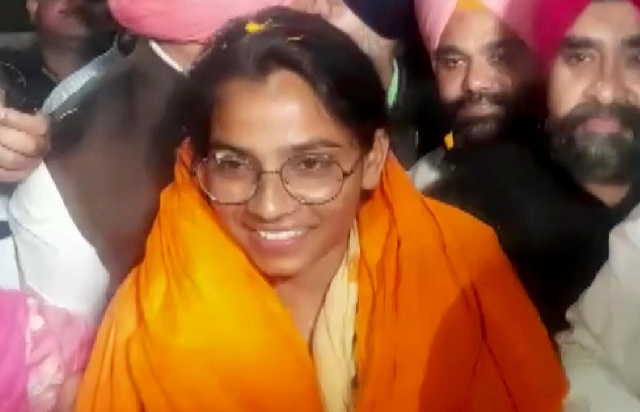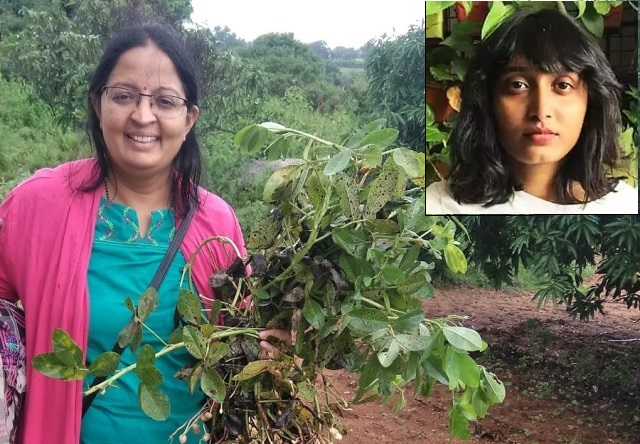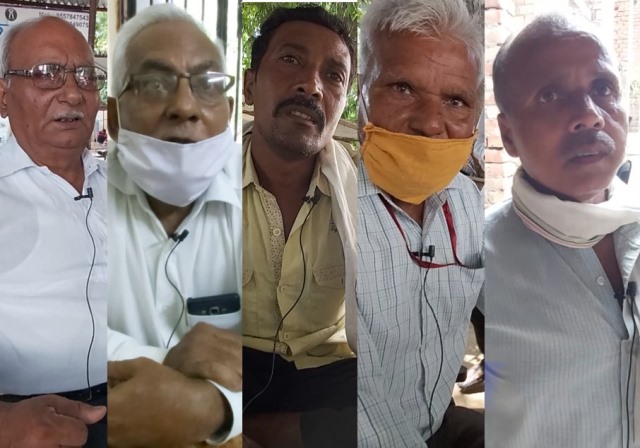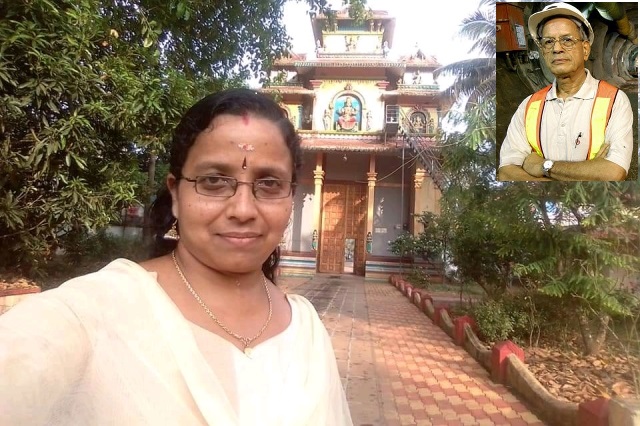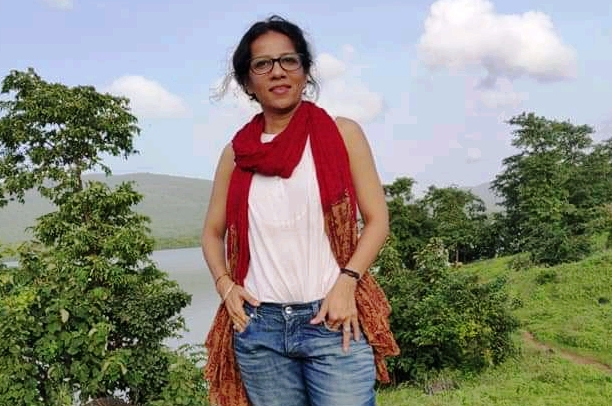Prajesh Peter, 38, a software engineer from Kochi, says active politics can be draining and at 90 E Sreedharan will not be able to cope with the obligation required of a lawmaker
E Sreedharan is nearly 90! I totally don’t think it is the right age for him to enter politics. The Kerala voter makes well-informed choices and just bringing in a celebrity or a celebrated personality would influence only those who don’t have the capacity to think for themselves.
A couple of days ago, Mr Sreedharan’s name came up as the Chief Ministerial candidate, but they later backtracked. I wonder why this happened. But it’s good that this happened. I wouldn’t feel very comfortable with him as our CM. Leading a corporate, where everyone is self-disciplined is one thing, leading a town, city, state, with all kinds of people, isn’t everyone’s cup of tea.
I don’t think Mr Sreedharan’s entry into Kerala politics will change things for the BJP. The pandemic has shown us how important it is for us to have robust leadership at every level, but more so at the local level. I am not sure Mr Sreedharan is cut out at this age for all the actual physical hard-work that is required of a local MLA.

Also, what happened to BJP’s rule of not fielding candidates above the age of 75? The party bends so many rules of its own to suit its narrative. But then so many people don’t question anything that the party does.
It is rare that a person who has excelled in a particular field (be it arts, sports or engineering), will also excel in politics. These fields are about individual hard work and excellence, while politics is different ballgame altogether. I don’t see former Rajya Sabha members like Sachin Tendulkar and Rekha having brought any change even to their own fields, forget social issues at large.
ALSO READ: ‘Sreedharan’s Entry Into Politics A Boon For Kerala’
Similarly, for Mr Sreedharan, good reputation isn’t necessarily going to translate into a good political innings. In politics, you have to have a keen understanding of local issues and how they intertwine with national level and international level politics. A politician should be a social worker first.
In June 2019, when the Delhi government proposed free commute for city women in Delhi Metro, Mr Sreedharan wrote a letter to the Prime Minister saying it would set a bad precedent. Why couldn’t the ‘Metro Man’ communicate directly with the state government of Delhi, where the issue belonged? I had an inkling then itself that he might join politics in future.
Many people laud him as the force behind the ambitious Metro projects. But it is not the achievement of Mr Sreedharan alone. The Delhi Metro Project was brought in by the Sheila Dikshit-led Congress government. It was the political backing that made everything possible, from the doing away of bureaucratic roadblocks, getting international loans sanctioned to see the Delhi Metro built through heavily-populated areas.
So far in his career, he has to be answerable to only a few. I would love to see how Mr Sreedharan fields questions asked by the media, and would love to know his views on important matters and just how much hard-work he is ready to put in as a political candidate.
As told to Yog Maya Singh
